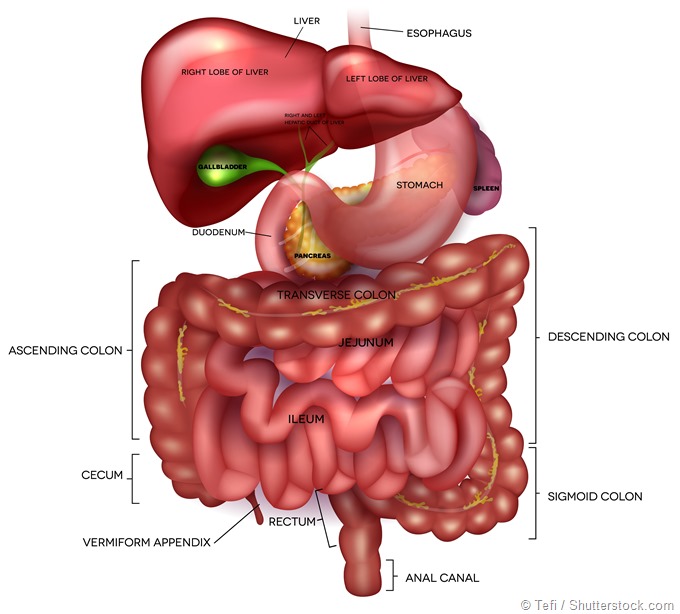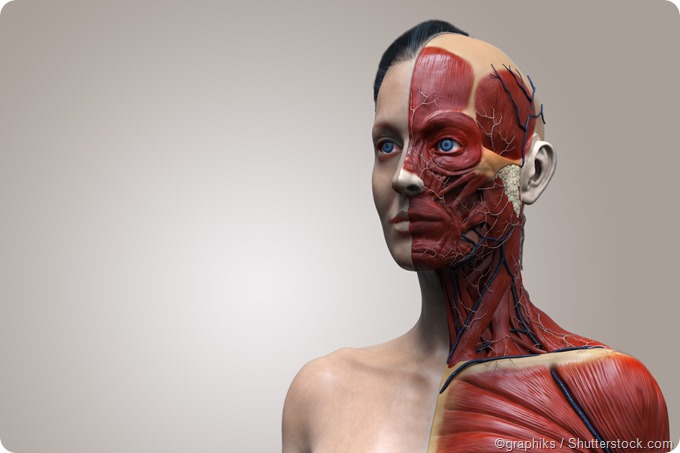Launching 1st March 2023. Also check out: https://www.thailandmedical.news/
The abdominal viscera, which includes the small and large bowels, liver, gall bladder and bile ducts, pancreas, appendix, spleen and the stomach, may be the focus of this specialty.
The professionals responsible for carrying out these procedures are called general surgeons, and they are also involved in the process of diagnosis and operative care before, during and after the surgery.
General surgeons, in many jurisdictions, may also take part in the management of critically ill patients and those who are victims of trauma. Training usually commences after the completion of a primary degree in medicine and lasts for at least 5 years in many countries.
This subspecialty of general surgery refers to operations that involve the abdominal organs and structures. Indications for abdominal surgery include inflammation, obstruction, infection and tumors. The types of abdominal surgery vary depending on the etiology of the indication.
Common abdominal surgeries include appendectomies (i.e. removal of an inflamed appendix), repair of hernias (i.e. protrusion of bowel through the abdominal wall) and the removal of diseased segments of bowel in cases of inflammatory bowel disease and malignancy.

General surgeons perform a variety of non-cosmetic surgical operations on the breast that range from simple removal of lumps to complete removal of breasts. Some other surgical indications for breast operations are to increase or reduce the size of breasts, obtain tissue samples for investigating lesions, and drainage of abscesses.
General surgeons with subspecialty training in peripheral vascular surgery may operate on disorders affecting the peripheral arteries and veins. These procedures include the use of pharmacotherapy as well as catheters, mechanical devices and balloons, with the aim of maintaining vessel patency. This is necessary in order to prevent and treat vascular diseases such as strokes, cramps and limb amputations.
This subdivision of general surgery is employed for the treatment of conditions involving head and neck malignancies as well as diseases of the glands in this region and sinuses.
Also included in this subspecialty is the treatment of congenital deformations (e.g. cleft palate and ear reconstruction) and reconstructive operations of head and neck structures. The procedures are sometimes conducted by maxillofacial surgeons or otolaryngologists in some jurisdictions.

Surgery on the skin may be conducted for a number of reasons, which include, but are not limited to, the removal of cysts, moles, malignant lesions and other growths. This is often routinely done with the help of local anesthesia and may be done by a general surgeon.
In many jurisdictions, trauma surgery falls under the auspices of general surgical operations. Trauma usually is an emergency situation and as such, general surgeons, with advanced training in trauma, must be prepared to deal with patients requiring urgent surgical care. Emergencies include perforation of internal organs, bleeding, bowel obstructions and massive infections.
Surgery on the skin may be conducted for a number of reasons, which include, but are not limited to, the removal of cysts, moles, malignant lesions and other growths. This is often routinely done with the help of local anesthesia and may be done by a general surgeon.
In many jurisdictions, trauma surgery falls under the auspices of general surgical operations. Trauma usually is an emergency situation and as such, general surgeons, with advanced training in trauma, must be prepared to deal with patients requiring urgent surgical care. Emergencies include perforation of internal organs, bleeding, bowel obstructions and massive infections.